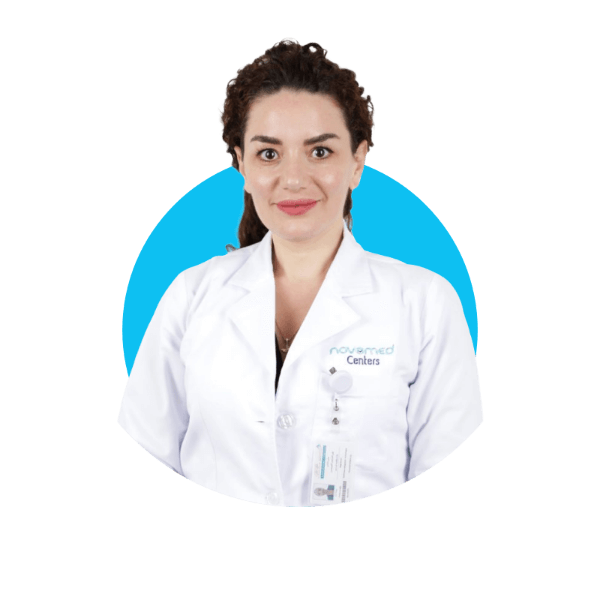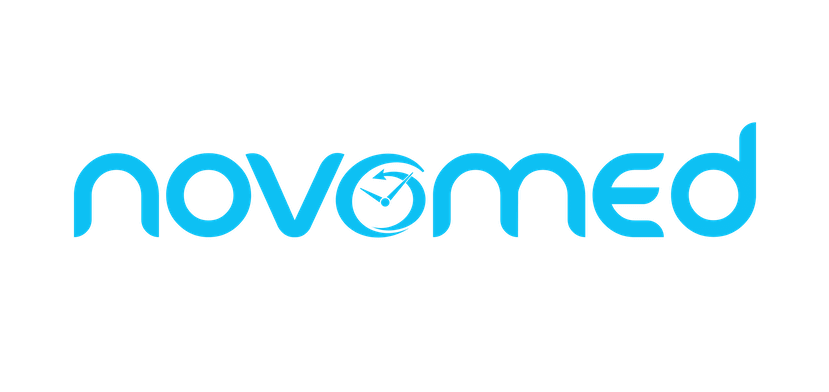Naraci Megi is a clinical physiologist with 8 years of experience and a degree in clinical neurophysiology. She can perform, quantify, and evaluate a wide range of clinical neurological investigations (EEG, nerve conduction studies, evoked potentials) in patients of any age and in an ambulatory or intensive care environment.
Megi worked at several hospitals in London and Italy where she gained a lot of experience and attended other departments, such as the Electrophysiology department, to increase her professional expertise in evoked potentials and improve her skills in differential diagnosis and the application of the back-averaging technique when indicated.
Megi attended several training courses in Italy and the UK and participated in research publications on various aspects of neurophysiology. Moreover, she received extensive training on providing treatment sessions using transcranial magnetic stimulation (TMS) to help with the symptoms of several mental disorders.
Specializing in:
- Outpatient EEG investigations: Routine EEG, sleep EEG, prolonged EEG, 24 hours EEG monitoring in patients of any age.
- Transcranial magnetic stimulation (TMS), which can help improve the symptoms of bipolar disorder, depressions and other mental disorders
- Inpatient EEG investigations: Portables EEG recording on the general wards, ITUs (Intensive Therapy Units), NICUs (Neonatal Intensive Care Units), and SCBUs (Special Care Baby Units)
- Polysomnography monitoring for patients with sleep disorders
- Nerve Conduction Studies for the most common neurological peripheral conditions, e.g., Carpal Tunnel Syndrome, Cubital Tunnel Syndrome, Peroneal Nerve Palsy, Radiculopathy, Polyneuropathy, etc.
- Repetitive Nerve Stimulation for patients with neuromuscular plaque disorders.
- Short-Latency Somatosensory Evoked Potentials, Visual Evoked Potentials, Brainstem Auditory Evoked Potentials.
- Intra-operative monitoring with SEP.

